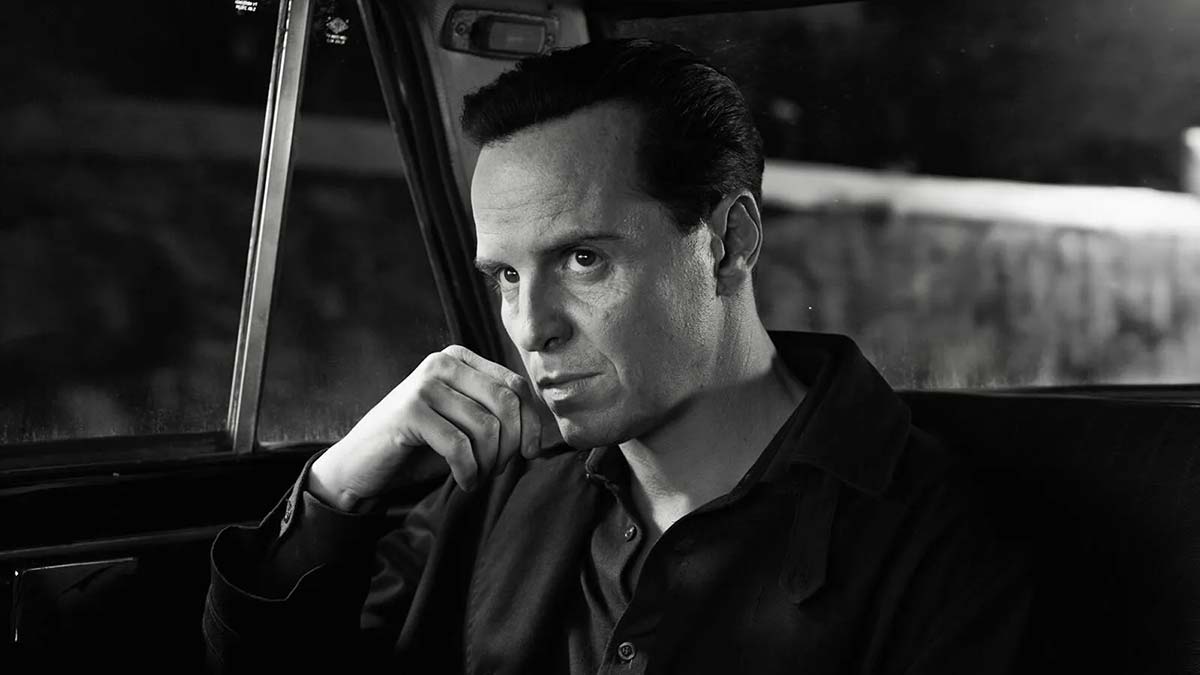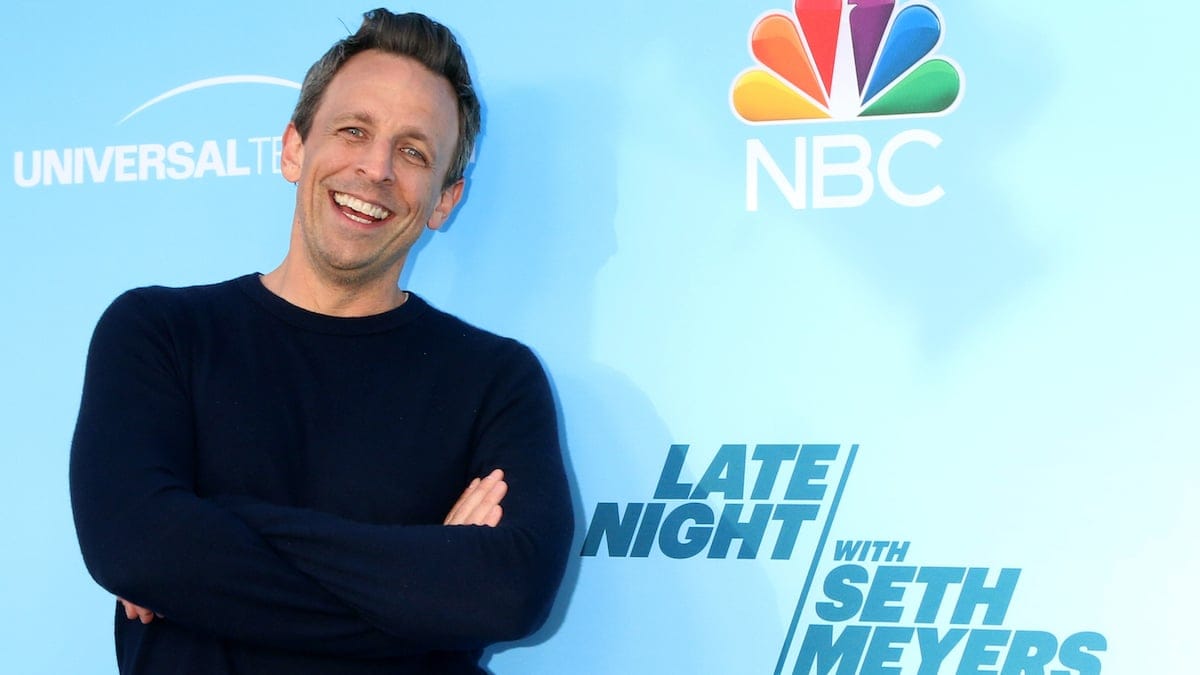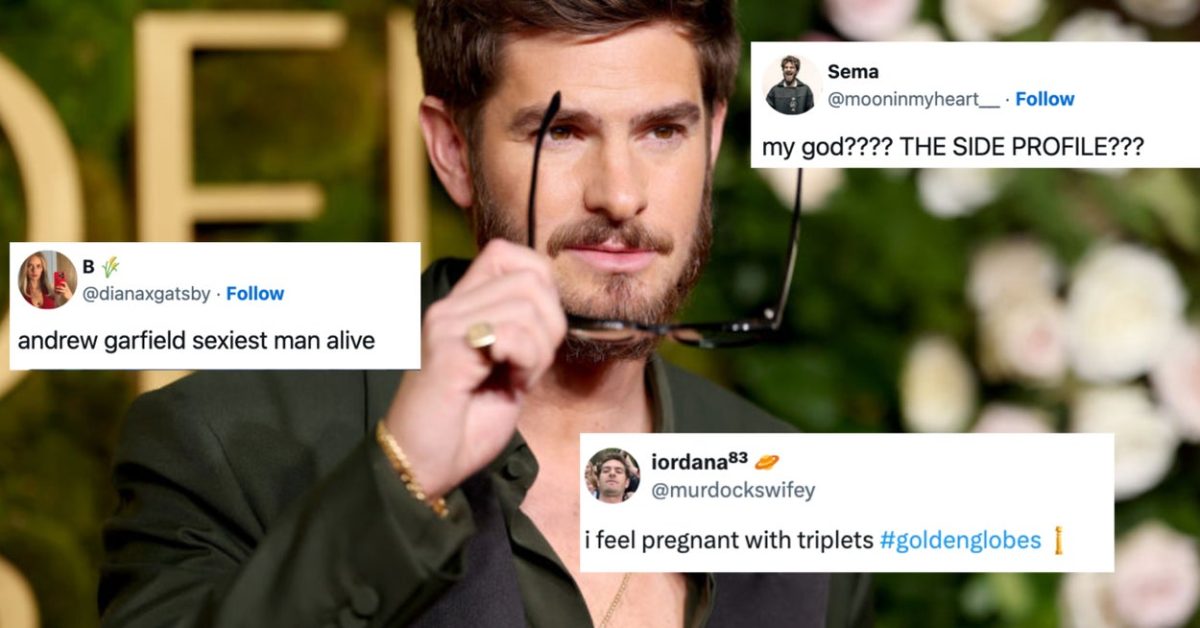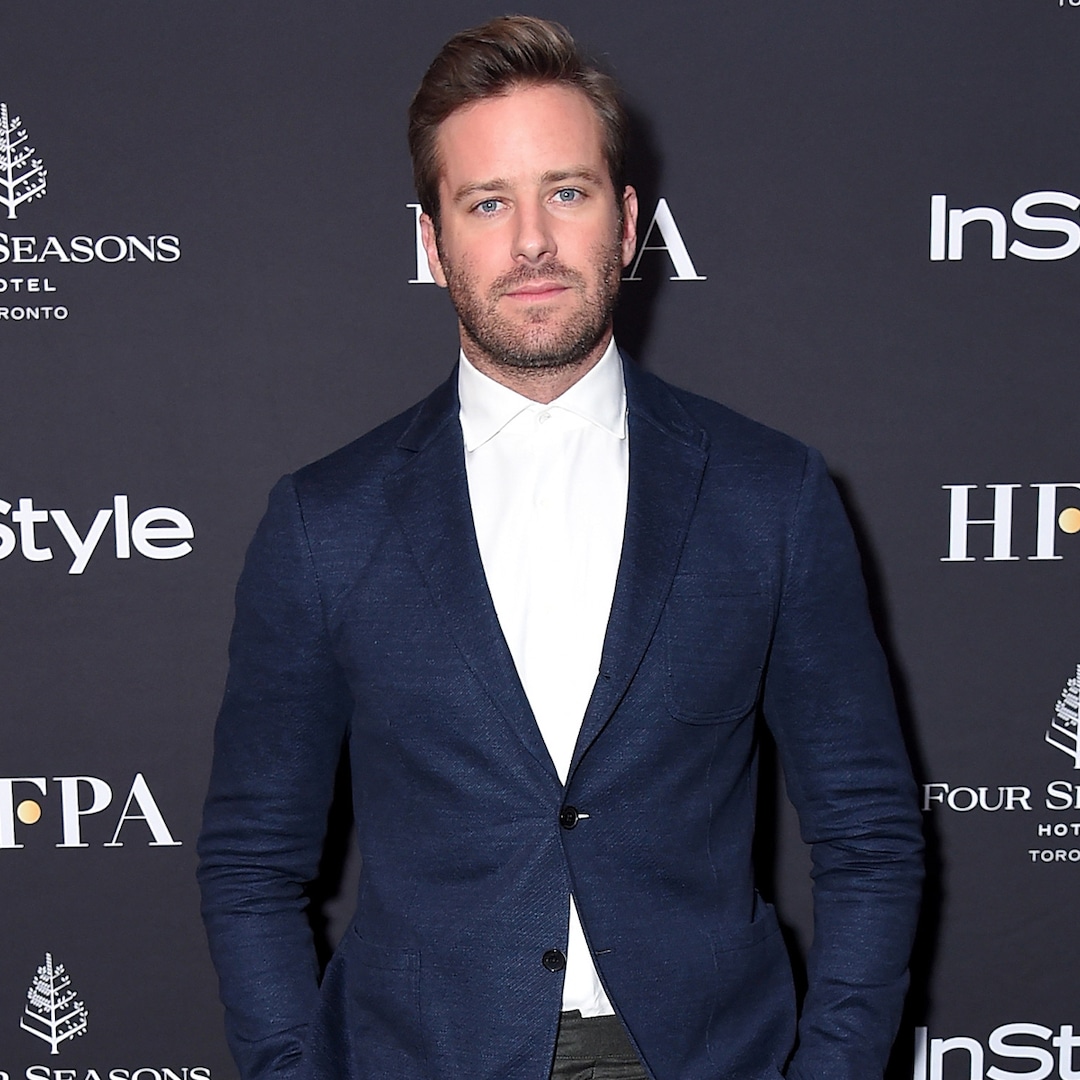
Steven Zaillian’s Gripping Thriller Is A Strikingly Haunting Portrait Of A Fractured & Fraudulent Life
Apr 4, 2024
When is an already well-distinguished artist arguably underrated and still overdue for further and greater recognition? Well, 71-year-old writer/director Steven Zaillian, an Academy Award-winning screenwriter (“Schindler’s List”) and five-time nominee (“Moneyball,” “The Irishman”), is already regarded as one of the most celebrated screenwriters on the planet. Yet, following the release of the fabulous “Ripley,” his striking and haunting new Netflix series— not to mention in addition to his excellent and deeply undervalued 2016 series, “The Night Of” starring Riz Ahmed— Zaillian’s filmmaking career recognition merits an ascension to the level of venerated master.
READ MORE: 12 TV Series To Watch In April: ‘Ripley,’ ‘Sugar,’ ‘The Sympathizer’ & More
An adaptation of Patricia Highsmith’s beloved psychological thriller, “The Talented Mr. Ripley,” while there are many beloved versions of this story (Anthony Minghella’s version and “Purple Noon” being two top-notch iterations), Zaillian’s deep and captivating eight-episode series is arguably the finest to date. While it sticks faithfully to the novel, more or less, with few narrative surprises in that regard, it remains immersively compelling nonetheless, arguably creating a much more heartbreaking and tragic portrait of a broken soul and lonely flim-flam man pushed to the edge of desperation. Leveraging its generous storytelling space across eight episodes, Zaillian crafts an engrossing slow-burn and taps into a rich vein of evocative psychological disintegration and decay.
A superb Andrew Scott—arguably his finest performance to date—stars as the slippery and shifty Tom Ripley, a struggling drifter and talented grifter living in New York, surviving off low-level confidence scams and counterfeit cons. But his world of petty theft is disrupted by the sudden appearance of a private investigator (Bokeem Woodbine) on behalf of the wealthy Herbert Greenleaf (a terrific unassuming turn by writer/director Kenneth Lonergan). Worried about his wayward trust fund-subsidized son Richard “Dickie” Greenleaf (Johnny Flynn), who has absconded to Italy to paint and life a life of leisure, the elder Greenleaf, who mistakes Ripley as more than just a mild acquaintance, hires, and pay him handsomely, to retrieve his dilettante son from his overlong sojourn. With one of his defrauding collection agency schemes having gone awry, the moment is opportune, and Ripley soon exaggerates his friendship with Dickey to seal the deal.
Ripley then whisks off to Italy to Antrani, on the gorgeous Amalfi Coast, and contrives a way to meet Dickey and his girlfriend, Marge Sherwood (Dakota Fanning). Susceptible to the forlorn, sad dog Ripley and perhaps taking a bit of pity on his peculiar meagerness—the innate discouraging insufficiency that sums up Ripley’s diffident character— the unsuspicious Dickie soon invites him into his life, despite Marge more dubious and wary of Ripley’s motivations. To his end, Ripley ingratiates himself to them both and insinuates his way into their personal lives, even as he quickly admits he’s been sent on a retrieval errand by his father. Admiring his honesty, though still somewhat attracted to and repulsed by his sycophantic mien, Dickey invites Ripley to live with them for the summer, further cementing the inveigling and persuasive orchestration the con man has imperceptibly pulled off.
Built on such superbly nuanced ideas of inadequacy and personal failure, which the series never spells out but always suggests, there are some terrific visual cues pointing to the damaging effects of a threadbare and lonely existence. “Ripley” slowly and carefully builds the case for the envy and the resentment of Dickie’s privilege and unlimited wealth, not to mention the insecure jealousy he feels when the rich playboy places his attention on his girlfriend instead of Tom (its own triangle of distrust and jockeying for station, and homoerotic undertones).
All of these delicate maneuvers for position are eventually exhausting, though, and the perceptive and wily Ripley begins to realize he’s wearing out his welcome. And when it seems past due for Dickie to finally rid Ripley from his coattails, the corrosive covetousness within the grifter curdles into something much darker. You’ve likely seen the movies, read the books, and know where the story of wanting goes from there. Suffice it to say, “Ripley” then becomes a masterclass in escalating deceits, deceptions, and a gripping cat-and-mouse game between Ripley and the Italian detective Inspector Pietro Ravini (Maurizio Lombardi) closely following on his elusive trail (Eliot Sumner plays the character Freddie Miles from the books played by Philip Seymour Hoffman in the Minghella movie).
Hopscotching through Italy, Naples, Rome, Venice, and various gorgeous-to-look-at locales, the cunning Ripley keeps evading, dodging, and barely escaping a near fate; some near misses of luck and fate keeping you on the edge of your seat. Stalling for a time while the noose of consequence grows tighter around his neck, the second half of “Ripley” constructs a nerve-wracking sense of anxiety and tension that never lets up until its chilling conclusion.
Zaillian’s writing and sense of cinema is so sharp and acutely observed with so many perfect chef’s kiss “show, don’t tell” moments of subtle human behavior that inform the viewer who Ripley is and what his DNA consists of (class is also such an elemental part of the story, and yet again, indiscernibly rendered). Even when traveling by train to Antrani, when a ticket collector asks for his permit, Ripley’s instinctual reaction is one of fear and guilt, as if he’s been found out, even though he has a perfectly legitimate and paid-for voucher. It’s these microscopic masterstroke moments—Ripley’s inner imposter syndrome and sense of inborn self-fraudulence—that do wonders in constructing the complex and delicate psyche of this hopelessly broken character.
Zaillian excavates the psychology depths of identity theft on a fundamental level beyond just mere scam. In Ripley’s case, it’s not just a shady swindle; it’s a profound but distorted desire to escape himself and shapeshift into someone else, someone with a chance at respect and status, however self-deluded. Scott’s Ripley is introduced as a low-level loser, already reduced to the bone by the harshness of life. But the series essentially asks when is a distressed life so replete with dishonesties and lies that it begins to fold in on itself, fragment, and begin to lose its sense of reality? And Scott imbues it all so magnificently in his performative, seductive turn of complexities.
Just absolutely brimming with stunning, crisp, and jaw-dropping black and white images from Academy Award-winning cinematographer Robert Elswit (“There Will be Blood”) and yet never overdone; nearly every frame feels like One Perfect Shot and yet is always in service of the storytelling narrative. At first, “Ripley,” through Elswit’s exquisite imagery, takes on the resemblance of a 1950s or 40s neo-noir, but upon deeper reflection, it takes on a more chilling air, resembling something more classically Hitchcock-ian, especially in the way it makes you feel complicit in it all. Scott reminds one of a tragically flawed and queasy Hitchcock-ian protagonist, neither hero nor villain—at least not at first—soon consumed by their worst impulses through the fate of wrong turns and falling prey to human weakness (it’s no coincidence when you remember Highsmith also wrote “Strangers On A Train”). “Ripley” pulls off the strange trick of empathy, too, making you sympathize with a sociopath (however briefly) by quietly charting all the collective miseries and disappointments that have added up to such a lacking life.
“Ripley” arguably features three main characters: Scott, Zaillain’s writing and direction, and Elswit’s evocative images, the latter made all the more frightening in its thematic allusions to Caravaggio’s gruesome paintings (a recurring motif of guilt, horror, shame, and violence). Production design and costuming are outstanding, too. Everyone is simply operating at the top of their game in the outstanding series.
Black and white might make “Ripley” seem colder from the outside, but it’s actually just more cinematically immersive, plunging you uncomfortably close to a psyche that feels unnervingly unstable. And Scott is a true tour de force of a disheartened character, so superficially cool and assured on the surface, it’s all just a performance, on top of a performance trying to mask the things underneath that are almost too much to bear. [A]
“Ripley” premieres on Netflix on April 4.
Publisher: Source link
Aubrey Plaza Issues Statement After Jeff Baena’s Death
The 40-year-old star and Jeff’s family issued a statement to People on Monday, where they called their loss an “unimaginable tragedy.”The Los Angeles County coroner’s office previously determined that Jeff died by suicide in his LA home. He was 47…
Jan 10, 2025
Jill Duggar’s Husband Clarifies Where He Stands With Jim Bob Duggar
Jessa Duggar (m. Ben Seewald)Jim Bob and Michelle's fifth child, Jessa Duggar, was born Nov. 4, 1992. Jessa met Ben through church and he began courting her in 2013—the old-fashioned approach to romance coming as a brand-new notion to a lot…
Jan 10, 2025
The Internet Has Officially Lost It Over Andrew Garfield's Slutty Glasses
That man knew exactly what he was doing with those glasses.View Entire Post › Disclaimer: This story is auto-aggregated by a computer program and has not been created or edited by filmibee.Publisher: Source link
Jan 9, 2025
Armie Hammer Lands First Movie Role Since Cannibalism Allegations
Armie Hammer Cameos As “Kannibal Ken” in Music Video 4 Years After Cannibalism ClaimsArmie Hammer is heading back to the big screen. More than one year after the Los Angeles Police Department ended their lengthy investigation into the Call Me…
Jan 9, 2025











